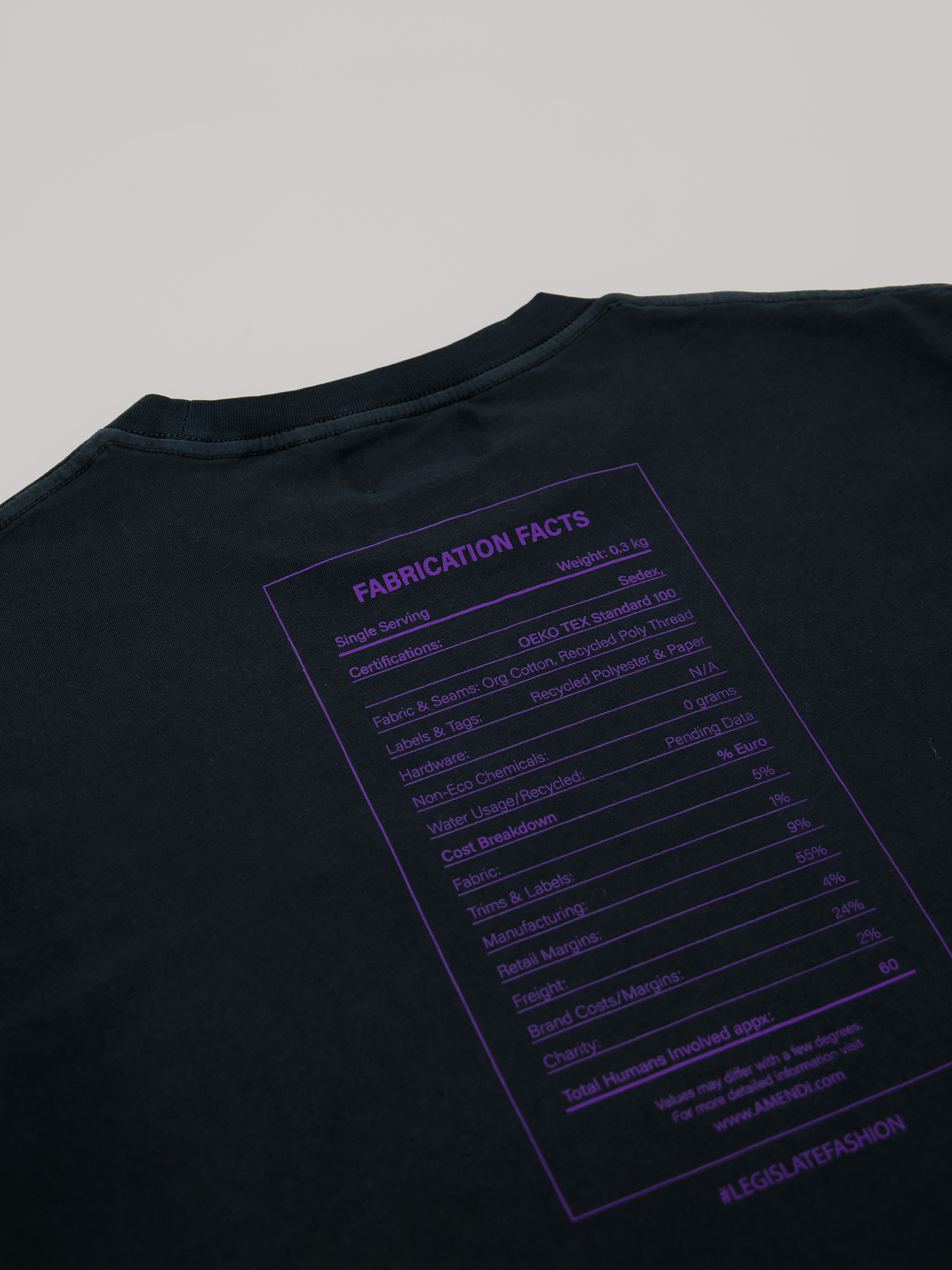FASHION NEEDS LEGISLATION
In 2019 the global fashion industry was worth approximately 1.7 trillion dollars. That’s more than the entire economy of Russia. (Global Fashion Market Size | Sustainability | Common Objective)
It’s also estimated that 1 out of 8 workers in the world are employed by the fashion and textile industry (farming, manufacturing, retail, etc.) (https://www.commonobjective.co/article/)
But regardless of the industry’s size and human and environmental impacts, it receives relatively little governmental oversight.
This is partially because the industry has grown so rapidly the past fifty years, with output doubling from 50 billion garments in the year 2000 to 100 billion garments by 2015.
A big part of this explosion in production has to do with the rapid growth of Fast Fashion. Large scale apparel companies recognized that cheap prices and constant newness drove sales. In order to maximize their profits these companies started to shop for the lowest prices of labor and material.
This led to large-scale production in at-risk countries with questionable or non-existent ecological and humanitarian oversight. (The High Price of Fast Fashion – WSJ)
The result is a monster: a gigantic industry that creates resource heavy, labor intensive products, but are so cheap they are considered disposable.
While some progress has been made, it hasn’t been enough.
What to do? One answer: legislation.
Just like oil, gas, and food, fashion should have regular oversight to curb harmful and unethical practices. In France, there is already an unofficial “Minister of Fashion” who has forced brands to stop the practice of burning leftover product and checked brands for their environmental impact. (Governments should regulate the fashion industry (fastcompany.com))
But we can’t rely on just a few countries to make minor changes. Literally, all major Northern Hemisphere economies, who are the major contributors to this problem, need to create and enforce policies that check the fashion industry’s pollution and exploitation problem – especially the United States.
Stay tuned for an announcement in a few days where we will highlight one small step in this direction.